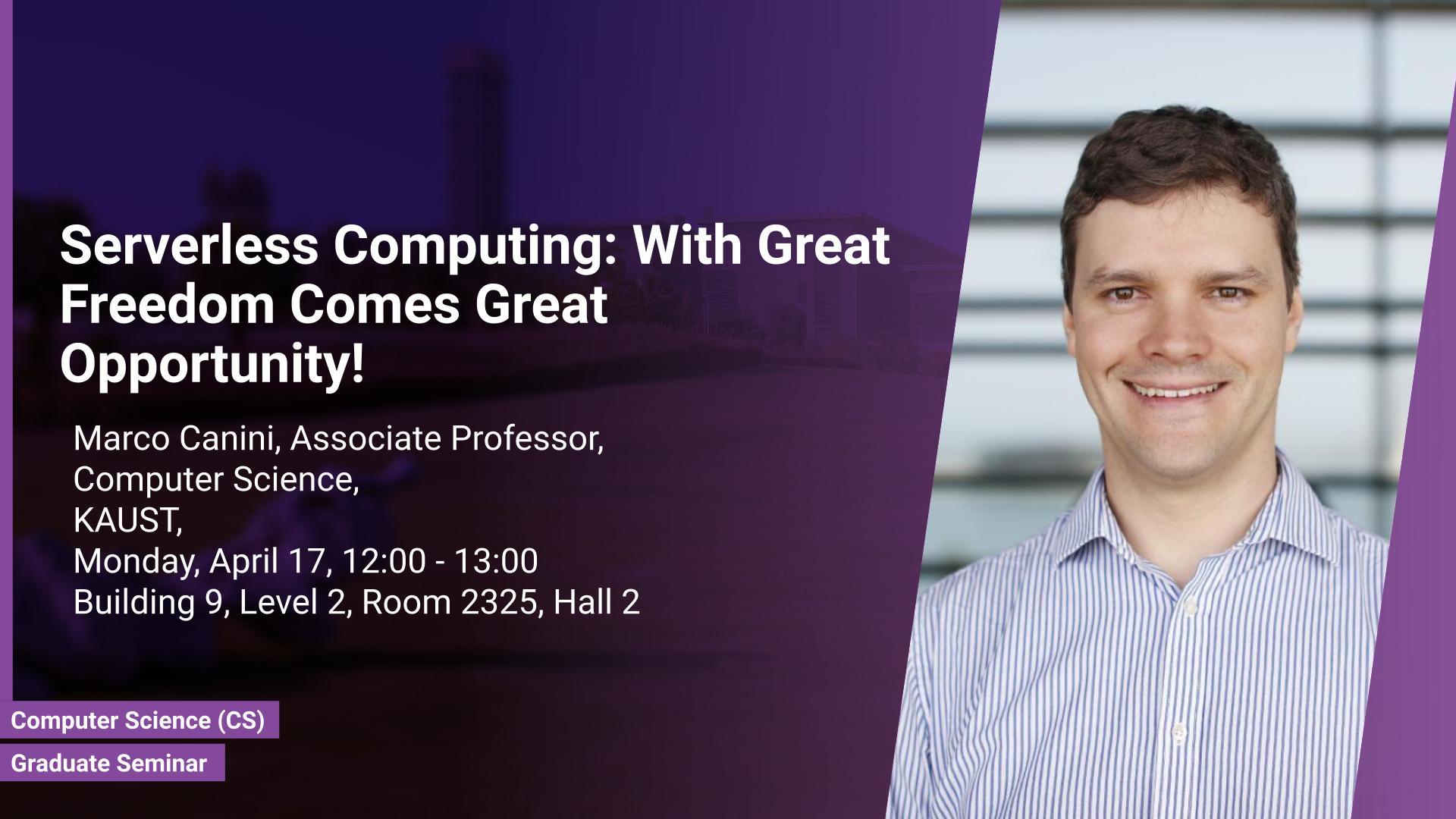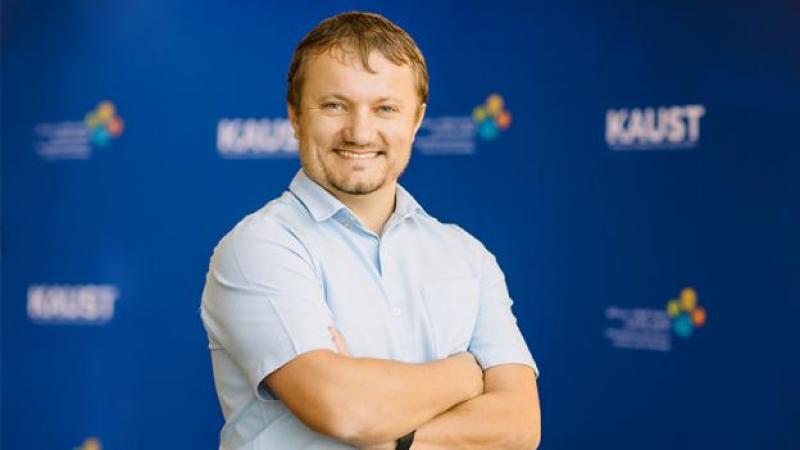Abstract
This talk introduces serverless computing, a programming model that has flourished in the last few years, mainly because it allows developers to concentrate on the application logic and not worry about scalability and resource management. Current serverless offerings give users limited flexibility for configuring the resources allocated to their function invocations. We take a principled approach to the problem of resource allocation for serverless functions, analyzing the effects of automating this choice in a way that leads to the best combination of performance and cost. Further, while sustainability is becoming a very urgent concern in industry (IT leaders’ top 3 concerns!), we observe that serverless computing has traditionally prioritized development agility and/or performance, mostly overlooking the impact of software abstractions on energy efficiency and consumption. We call attention to this research problem, and conduct a set of experiments that measure the energy cost and proportionality of serverless computing, highlighting the need for work to address several inefficiencies
Brief Biography
Marco does not know what the next big thing will be. He asked ChatGPT and the answer was underwhelming. But he's sure that our future next-gen computing and networking infrastructure must be a viable platform for it. Marco's research spans a number of areas in computer systems, including distributed systems, large-scale/cloud computing and computer networking with emphasis on programmable networks. His current focus is on designing better systems support for AI/ML and providing practical implementations deployable in the real world. Marco is an Associate Professor of Computer Science at KAUST. Marco obtained his Ph.D. in computer science and engineering from the University of Genoa in 2009 after spending the last year as a visiting student at the University of Cambridge. He was a postdoctoral researcher at EPFL and a senior research scientist at Deutsche Telekom Innovation Labs & TU Berlin. Before joining KAUST, he was an assistant professor at UCLouvain. He also held positions at Intel, Microsoft and Google.

